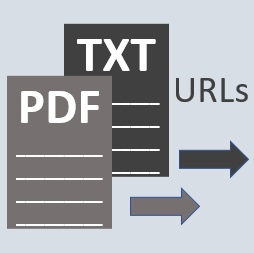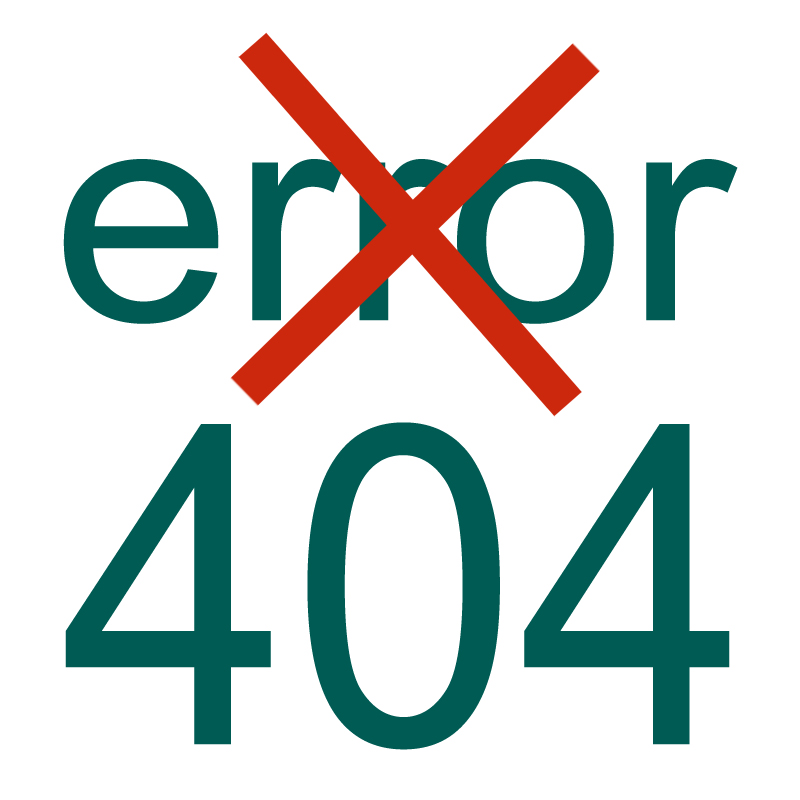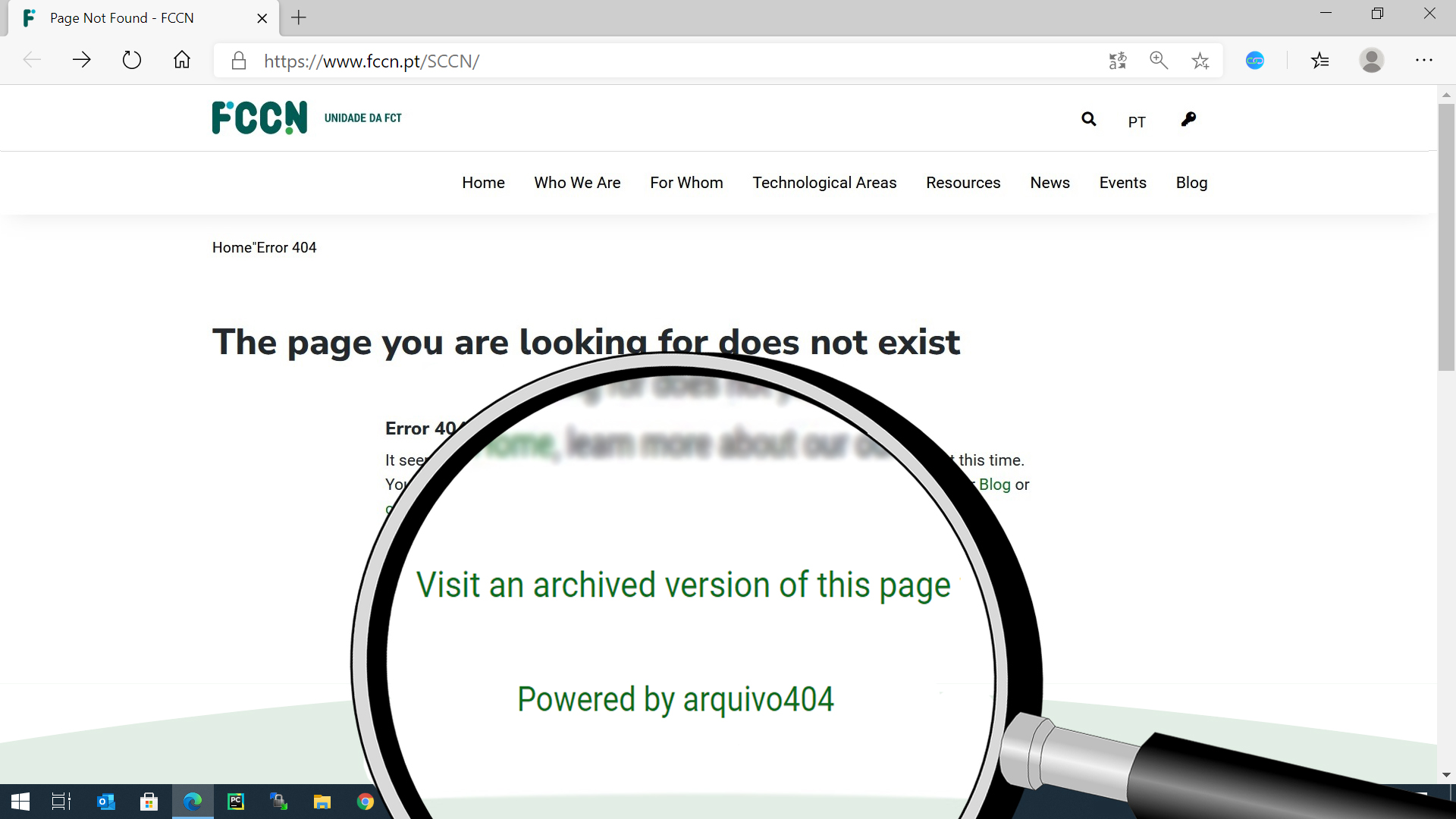Last updated on August 9th, 2024 at 12:59 pm
Arquivo.pt has been launching innovative complementary services useful for organizations to optimize their functioning.
The new release of Arquivo.pt named Helios was launched on November 13, 2023 and includes developments in Arquivo404 and CitationSaver.
Arquivo404 with new methods for defining time intervals
Arquivo404 is a service that presents website users with links to web-archived versions, instead of laconic “Page not found” error messages.
However, sometimes it is necessary to specify the correct version of a web-archived page to be displayed. For example, a website’s domain may have belonged to another entity in the past, and only web-archived versions since the website came under its current owners should to be displayed.
For this purpose, 3 new methods for configuring Arquivo404 were released :
- setMinimumDate( minDate : Date ) – specifies the earliest date of the web-archived version of the URL that can be displayed.
- setMaximumDate( maxDate : Date ) – specifies the latest date of the web-archived version of the URL that can be displayed.
- setMostRelevantMemento( criterion : ‘oldest’ | ‘most-recent’ ) – specifies the order of results for the versions retrieved from the web archive. By default, the oldest version is displayed ( ‘oldest’ ).
In short, Arquivo404 now allows you to define whether to display the oldest or most recent web-archived page to the users, within a certain time interval.
CitationSaver processes HTML documents
CitationSaver is a service that extracts citations in documents to online resources and archives them. This service is particularly useful for maintaining the integrity of scientific articles and the reproducibility of the experiments and studies described in them.
Many open-access articles are published in hypertext format (HMTL). CitationSaver now processes documents in HTML format, in addition to PDF and TXT formats.
For example, if a user finds an article on the Web which contains citations to online resources, he/she simply needs to submit the URL of the article into CitationSaver. The URLs cited in the article will be extracted and their content will be web-archived for later access.
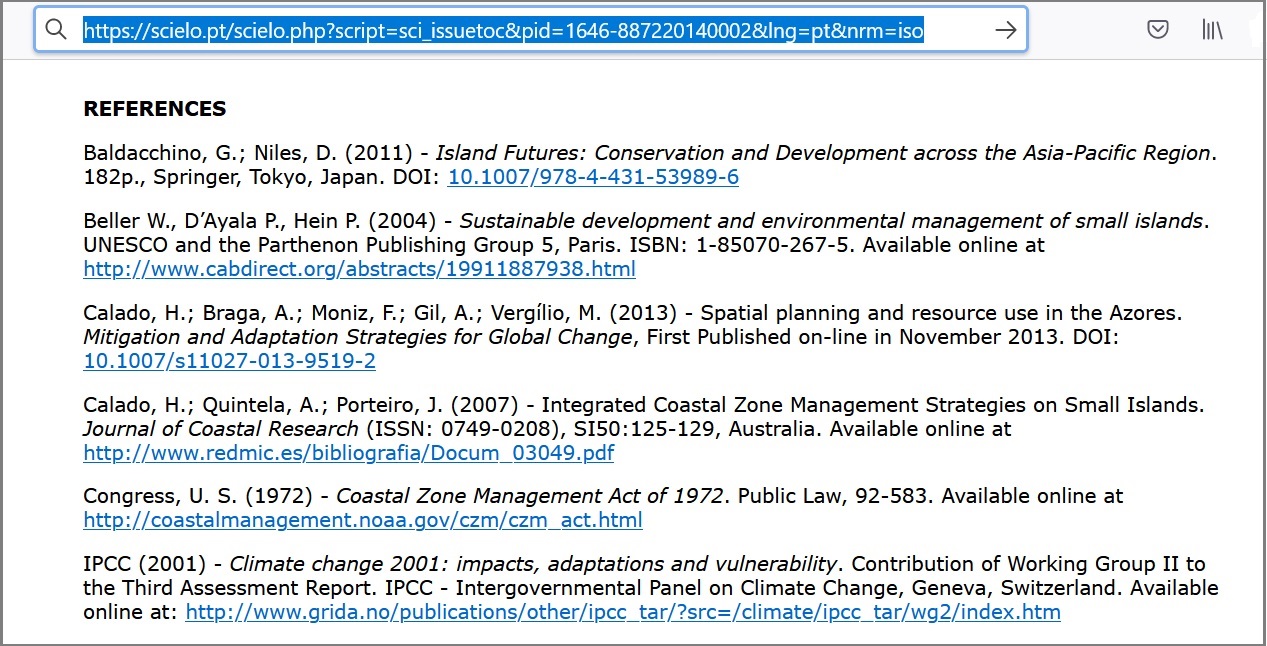
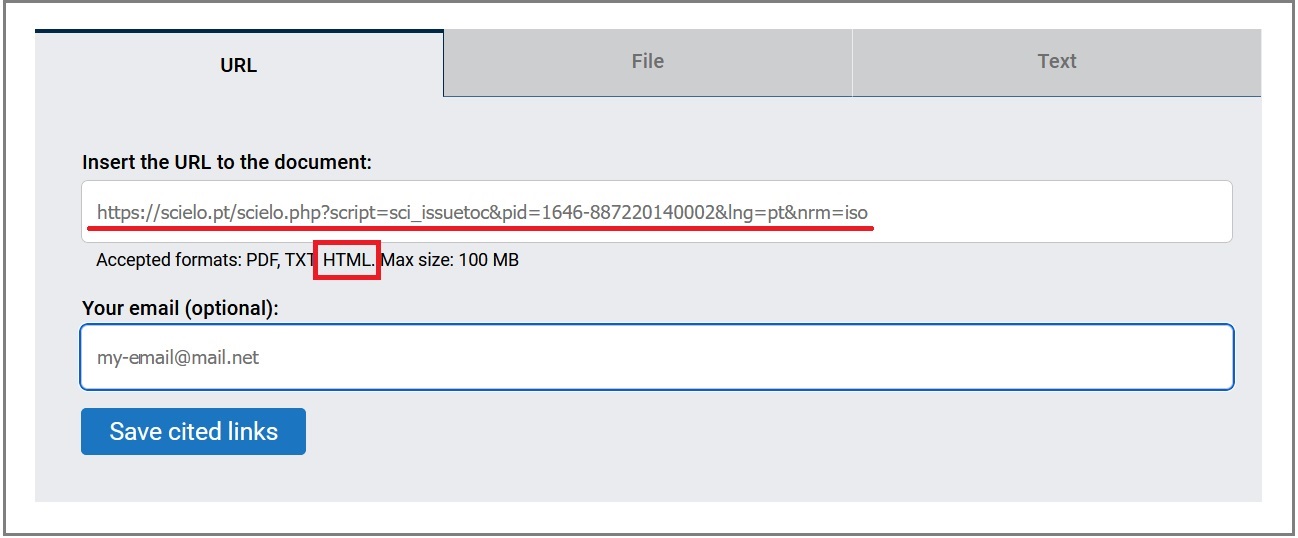
Know more
- Arquivo404 – Technical documentation
- CitationSaver preserves citations to web resources
- Milestone Helios: 40 issues resolved
Give us feedback about our services and if you detect any issue, please contact us.
